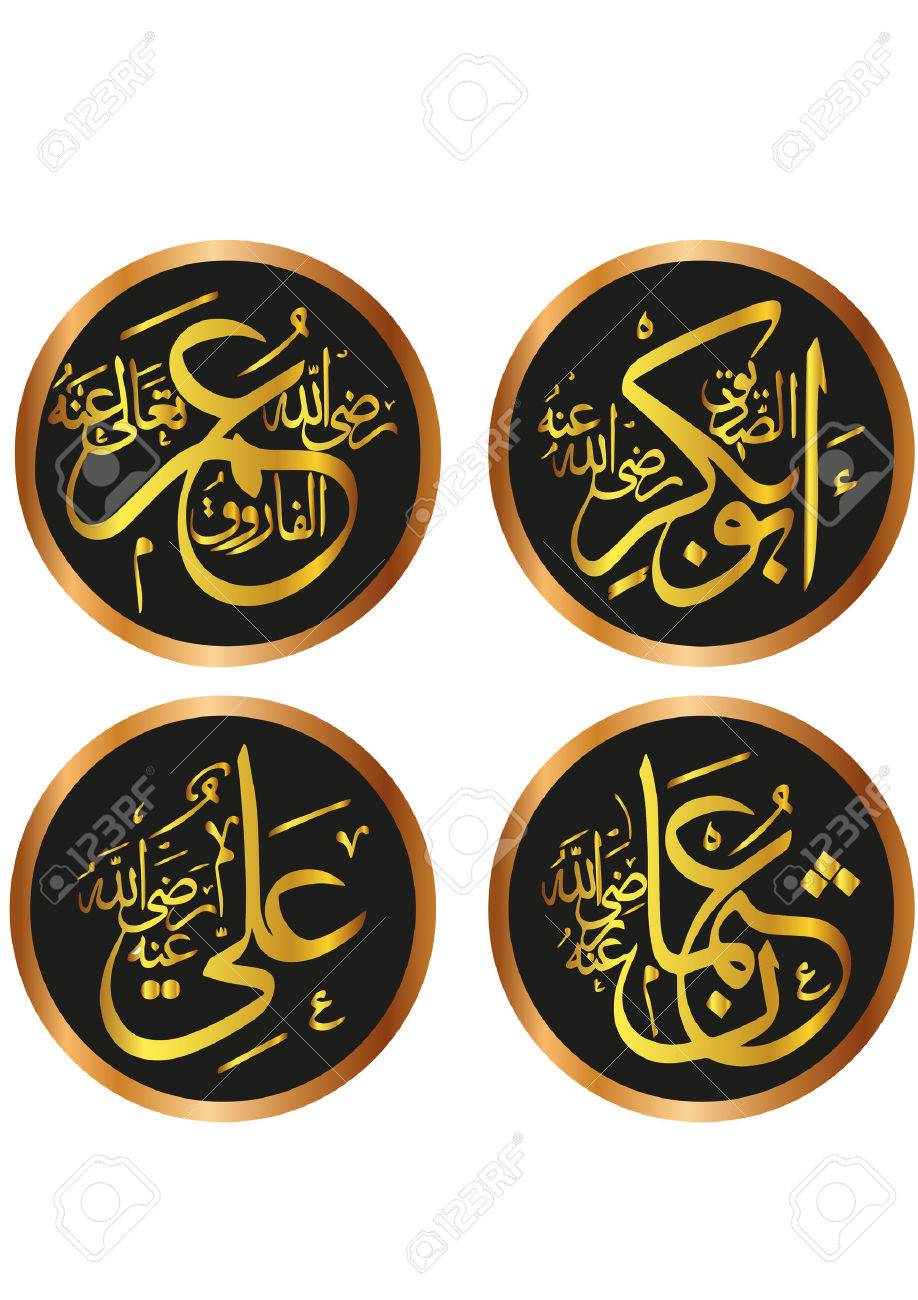 Why the first successor caliphs called the Rightly Guided & were they chosen by Allah? Prophet Muhammad ﷺ predicted the rightly guided era of the first four (or five) successors who would rule after his death. The prediction is found as recorded in one of his hadith: “Prophethood will last among you for as long as Allah wills, then Allah will take it away. Then it will be (followed by) a rightly guided caliphate (khilafah rashida) on the pattern of the Prophethood. It will remain for as long as Allah wills, then Allah will take it away. Afterwards there will be a hereditary leadership which will remain for as long as Allah wills, then He will lift it if He wishes. Afterwards, there will be biting oppression, and it will last for as long as Allah wishes, then He will lift it if He wishes. Then there will be a rightly guided caliphate (khilafahe rashida) according to the ways of the Prophethood.’ Then he kept silent.”[1] Prophethood lasted till the death of Prophet Muhammad ﷺ as he was the final one to be sent by Allah ﷻ for humankind before the Day of Judgment. There will be no prophet or messenger after him. Then it was followed by the rule of his successors namely Abu Bakr, Umar, Uthman and Ali (May Allah be pleased with them), and six months of rule of Imam Hassan (r.a) son of Ali (r.a). These caliphs ruled according to the teachings of Prophet Muhammad ﷺ and lived exemplary lives. Their period lasted for about thirty years in which leadership was chosen through a process of shura (consultation) among the early Muslims i.e. the Prophet's companions and the chosen ones were known for their piety. The Quran advises Muslims to follow this process: “and who (conduct) their affairs by mutual consultation (baynahuma shura).”[2] When Imam Hassan (r.a) gave up his caliphate in favor of Muawiya ibn Abu Sufyan, the rebel governor of Syria, the process of mutual consent ended. Imam Hassan (r.a) was forced to hand over the rulership for the sake of ending ongoing civil war. Therefore with Muawiya’s rule began the ‘heriditary leadership’ or in some traditions, the word is translated as ‘government by force.’ He was more of a Caliph that came in to power through politics and force rather than chosen for his pious character and the mutual consent. With this came the end of the rightly guided era hence all successors of the Prophet ﷺ that ruled till Muawiya ibn Abi Sufyan were considered as rightly guided. Another important point to mention here is that the prophet's immediate successors were not chosen by Allah simply because He advised Muslims to decide their political affairs through mutual consultation. There are many matters which Allah has left for the believers to decide for themselves and the process of Caliph selection is one of them, as agreed upon by majority of Muslims throughout the Islamic history. The following is part of the inaugural address by Abu Bakr (r.a), the first successor of Prophet Muhammad ﷺ on the first day when he presided over the caliphate seat:
Additionally Abu Bakr (r.a) never posed as a direct representative of Allah ﷻ in his communications with the Muslims and non-Muslim world. For instance he wrote a letter to the Christians of Najaran in which he mentioned himself as a representative of Prophet Muhammad ﷺ and not a representative of Allah ﷻ: “In the Name of Allah, the Beneficent, the Merciful. This is the written statement of Abdullah Abu Bakr, the Khalifa (Caliph) of Muhammad (peace and blessings upon him), the Prophet and Messenger of Allah. He affirms for you the rights of a protected neighbor in your selves, in your lands, your religious community, your wealth, retainers, and servants, those of you who are present or aboard, your bishops, monks, and monasteries, and all that you own be it great or small. You shall not be deprived of any of it, and shall have full control…”[4] The covenant letter clarifies that Abu Bakr (r.a) was not ruling directly on behalf of Allah ﷻ, he was ruling the people on guidance given to him by the Messenger of Allah. This explains his appointment was not sanctioned as a divine decree. However there is a verse in the Quran where Allah ﷻ says that He gives power and authority to whomever He wills and takes it from whomever He wills: “Say: O Allah, Master of the Kingdom! You give the kingdom to whomsoever You please.”[5] This verse means that even though people chose the rulers yet ultimately the decision rests with Allah ﷻ to give the authority to whomsoever He knows deserves better. Even though it is men’s actions that decide the course of events yet ultimate decision maker for all affairs is none but Allah ﷻ, as He says: “And you cannot will unless Allah wills. Indeed, Allah is ever Knowing and Wise.”[6] Allah ﷻ chose Abu Bakr (r.a) as prophet’s first successor not directly but indirectly through the people's choice. References: [1] Hassan, Professor Masudul. 1988. Khalifa Abu Bakr - Successor to the Holy Prophet - History of Islam volumes 1 & 2 . Lahore: Islamic Publications [2] First battle between the pagan army of Quraysh and Muslims outside Madinah where Quraysh suffered a major defeat despite the fact of their large numbers and superior artillery. [3] Al Quran 8:68 [4] Al-Ayed, Saleh Hussain. 2002. The Rights of Non-Muslims in the Islamic World. Riyadh: Dar Eshbelia. [5]Al Quran 3:26 [6] Al Quran 76:30
0 Comments
Leave a Reply. |
AuthorZaid Shah Archives
December 2019
Categories |
Proudly powered by Weebly
 RSS Feed
RSS Feed